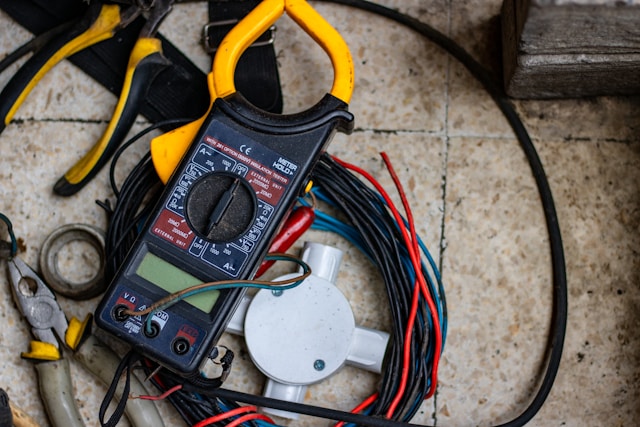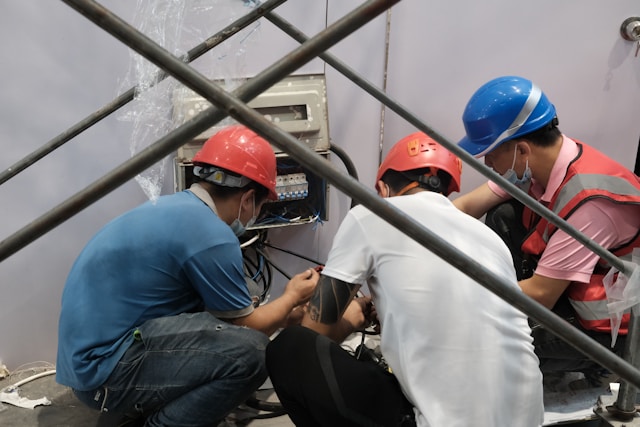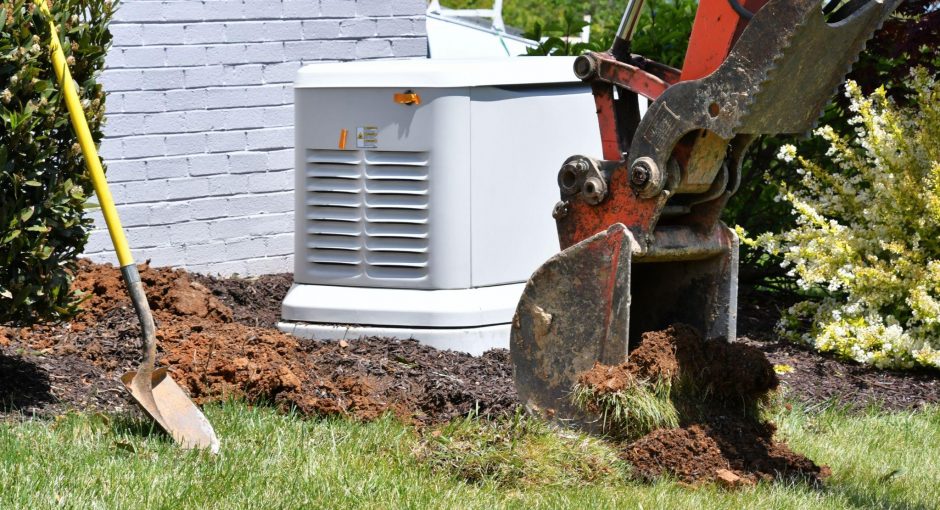The complexity of modern residential electrical systems has evolved dramatically beyond simple wiring and circuit breakers. Today’s homes integrate sophisticated power management, smart technology, and backup systems that demand specialized expertise far exceeding traditional electrical knowledge. This evolution has created a critical need for professionals who understand both conventional electrical principles and cutting-edge power technologies.
The Transformation of Residential Electrical Work
Traditional electricians learned their trade when homes had straightforward electrical needs: lighting, outlets, and basic appliances. Modern residences incorporate complex systems including home automation, electric vehicle charging, solar integration, and automated backup power. These technologies interact in ways that require deep understanding of both electrical theory and digital control systems.
The integration of backup power systems exemplifies this complexity. Unlike simple appliance connections, these installations involve automatic transfer switches, load management systems, and synchronization with utility power. Home generator electrician in Montreal specialists possess the comprehensive knowledge required to safely integrate these complex systems while ensuring code compliance and optimal performance.
Critical Safety Considerations
Residential power system installation involves potentially lethal voltages and currents. Improper installation can cause fires, electrocution, or equipment damage costing thousands of dollars. Professional electricians undergo extensive training in safety procedures, grounding techniques, and hazard recognition that DIY enthusiasts simply cannot replicate through online tutorials.
Modern backup power systems add layers of safety complexity. Automatic transfer switches must prevent backfeeding power into utility lines, protecting line workers during outages. Load management systems require proper configuration to prevent overloading. Gas connections demand leak detection and proper ventilation. These safety-critical elements require professional expertise.

Code Compliance and Regulatory Knowledge
Electrical codes evolve continuously to address new technologies and safety discoveries. Professional electricians maintain current knowledge through continuing education and certification requirements. They understand not just what codes require but why requirements exist, enabling intelligent application to unique situations.
Local jurisdictions often add requirements beyond national codes. Professionals working in specific areas understand these local variations and maintain relationships with inspection departments. This knowledge prevents costly rework and ensures smooth project completion. Amateur installations often fail inspection, requiring expensive corrections by professionals.
System Design and Load Calculations
Proper system design begins with accurate load analysis. Professionals use sophisticated tools and methodologies to determine actual power requirements, not just nameplate ratings. They understand diversity factors, startup surges, and future expansion needs. This expertise ensures systems sized appropriately for current and anticipated needs.
Load prioritization for backup systems requires balancing essential needs with available capacity. Professionals design systems that automatically shed non-critical loads while maintaining essential functions. This intelligent design maximizes protection while minimizing equipment costs. Amateur attempts often result in oversized systems or inadequate protection.
Integration with Existing Systems
Modern homes contain multiple interconnected electrical systems that must work harmoniously. Solar panels, battery storage, electric vehicle chargers, and backup generators all interact with the main electrical panel and each other. Professional electricians understand these interactions and design integrated solutions that maximize efficiency and reliability.
Retrofit installations in existing homes present unique challenges. Professionals assess existing wiring, identify upgrade needs, and plan installations that minimize disruption. They understand how to work with older electrical systems while bringing them up to current standards. This expertise prevents dangerous compromises that amateur installers might make.
Troubleshooting and Diagnostic Skills
When electrical problems arise, professional electricians bring systematic diagnostic approaches that quickly identify root causes. They possess specialized test equipment and understand how to interpret results. This expertise becomes crucial when dealing with intermittent problems or complex system interactions that frustrate amateur attempts.
Modern power systems generate diagnostic data that requires interpretation. Professionals understand error codes, performance parameters, and maintenance indicators. They can distinguish between normal variations and developing problems, enabling preventive maintenance that avoids costly failures. This predictive capability protects investments and ensures reliability.
The Value of Local Experience
Electrical work involves more than technical knowledge. Professionals familiar with local conditions understand soil types affecting grounding, weather patterns impacting equipment selection, and utility company requirements for interconnection. This local expertise ensures installations suited to specific environmental and regulatory conditions.
Established professionals maintain relationships with suppliers, inspectors, and other trades. These relationships facilitate smooth project execution and rapid problem resolution. They know which products perform reliably in local conditions and which suppliers provide quality support. This network adds value beyond technical installation services.

Warranty and Long-term Support
Professional installations include warranty protection that DIY work cannot match. Manufacturers often void warranties for non-professional installation. Professional electricians provide workmanship warranties and maintain availability for service needs. This ongoing support ensures systems remain reliable throughout their operational life.
The complexity of modern power systems means eventual service needs require professional expertise. Establishing relationships with qualified professionals during installation ensures competent support when needed. Amateur installations often leave homeowners scrambling for help during emergencies, facing higher costs and extended downtime.
Conclusion
The evolution of residential electrical systems from simple power distribution to complex, integrated networks demands corresponding evolution in installation expertise. Modern professionals combine traditional electrical knowledge with understanding of digital controls, system integration, and emerging technologies. Their expertise ensures safe, compliant, and reliable installations that protect homes and families. While DIY approaches may seem economical initially, the risks of improper installation far outweigh potential savings. Investing in professional expertise provides peace of mind, system reliability, and long-term value that amateur efforts simply cannot match. As homes become increasingly dependent on sophisticated electrical systems, the wisdom of engaging qualified professionals becomes ever more apparent.




